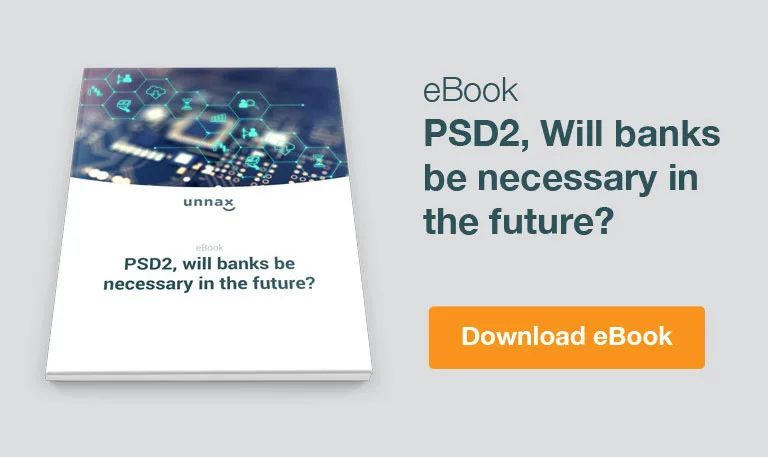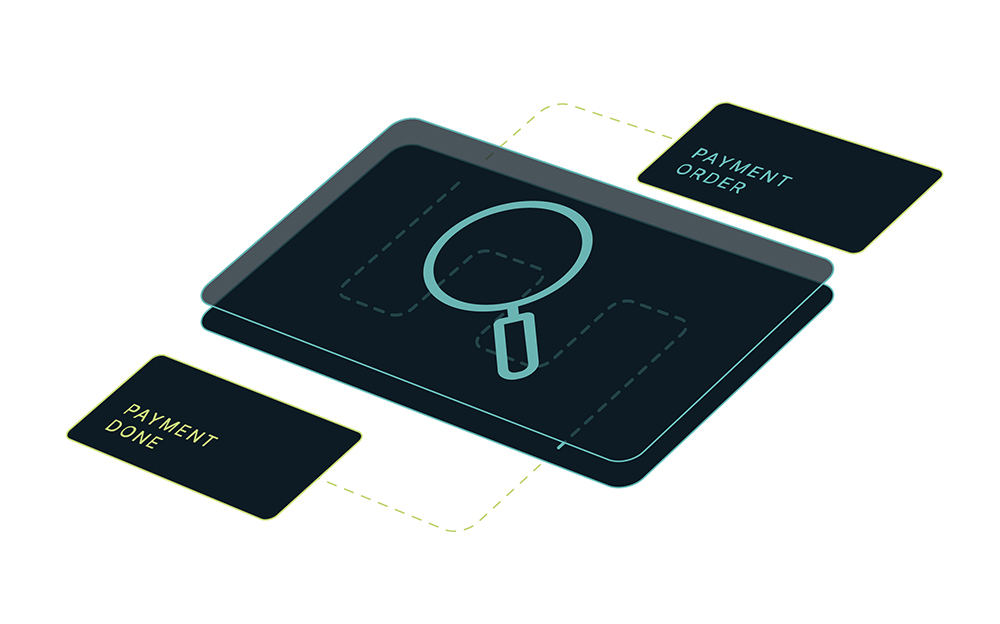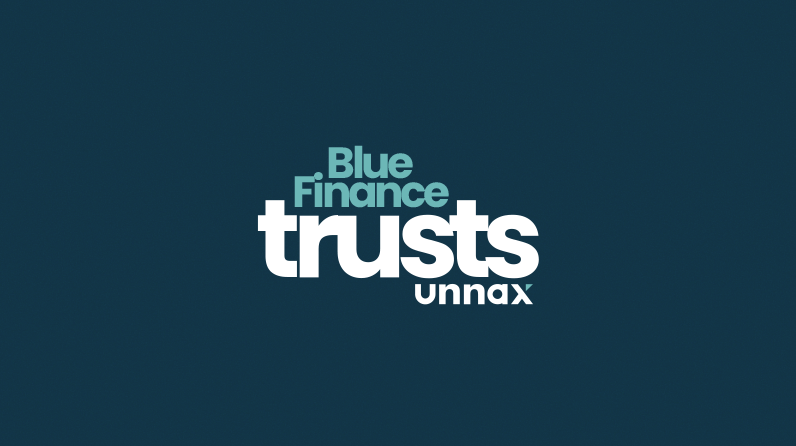When a sector has a monopoly on some of its main services, works like “open” and “competition” can sound quite bad, at least in the beginning. If on top of that, the paradigm shift is imposed by a legal regulation, which will oblige that sector and its companies to work actively to bring about this shift, these words can sound even worse. Let’s just name them: the sector is banking, the transformation is being driven by the new European payments directive (PSD2) and the banks are being forced to help open it up to new financial services providers.
The banking sector: the role of banks in Open Banking
The second EU Directive on Payment Services (PSD2, which has been in force since January 2018, although part of the technical definition will be completed over the coming months), has been put in place to promote what is known as Open Banking. This name reflects the desire for consumers (individuals and companies) to have a wider offering of financial services. The goal is to promote competition, quality services and transparency, without sacrificing security. And the directive puts the responsibility for giving these new stakeholders in the sector access to their clients’ data in the hands of the banks (with authorisation from clients).
Enter what are known as third-party providers (TPP), which are broken down into account information service providers (AISPs) and payment initiation service providers (PISPs). It will be the banks and financial institutions that, using open APIs (application programming interfaces), will have to give the former access to their clients’ accounts and allow the latter to initiate payment processes. For some time now, various companies (like FinTech firms) have provided financial services and managed to collect the information needed to do so. However, as is to be expected, the ease with which the banks will provide the information, regulations that level the playing field for everyone and the push from the digital economy will cause the number and type of services available to consumers and companies to grow exponentially.
Change as an opportunity in the banking sector
We’ve mentioned the use of APIs and the digital boom. New technology, this way, is becoming the star of changes in this sector that was previously extremely traditional. But, unlike what it may seem, the opportunities are not only for new stakeholders in the financial arena (FinTech start-ups and big digital corporations, like Google and Facebook, mobile operators, etc.), but also for those already consolidated in this sector: banks and other financial institutions.
The traditional players in the sector must understand this change in model as an opportunity to offer their clients the best mix: on the one hand, creating new products (or reformulating existing ones), enriched with smart applications of new technology; and, on the other, making use of their role as clients’ financial advisers. In the end, banks have always advised consumers (on investments, savings, pension plans, etc.).
Another advantage they may find if they join in this transformation in the banking sector is their knowledge of the consumers and the market. The new arrivals on the scene don’t have this information and it will make them more capable of coming up with new services and value-added approaches. However, they will have to work hard to improve user experience, provide personalised solutions and serve clients with the same efficacy (and continuity) through multiple paths and channels. Meaning, they will have to put consumers at the centre, a strategy that banks didn’t need in the times of the monopoly opposed to the democratisation of technological advances, and therefore often paid little attention to. So, can adopting new technology become an advantage for the banking sector? Yes, but not only for the banking sector, for other stakeholders, too and, in particular, for clients. Now, this really is a win-win strategy.









